The road to being the next Frankie: how to forge a career in the saddle
Leading riders recall their early steps up the ladder on the way to the top
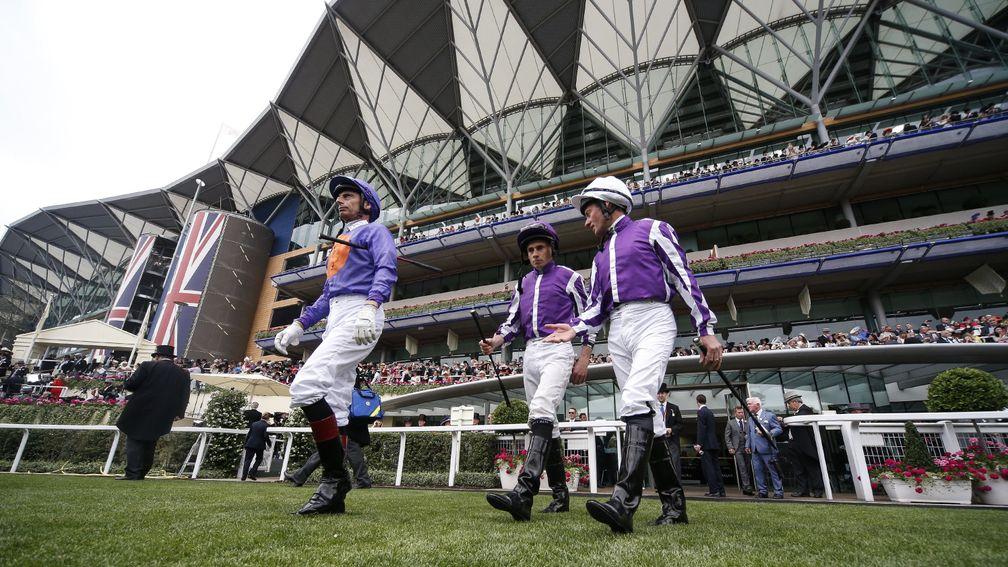
It can often seem that racing is a sport littered with family dynasties: of Carberrys and Moores, of Scudamores, Walshes and Heads.
But for every jockey who grew up in a racing yard surrounded by horses from a young age there are many stories of people from very different backgrounds finding their way with no great ties to the sport.
Racing academies such as the British Racing School in Newmarket, the Northern Racing College in Doncaster and Race on the Curragh are now fully integrated into the British and Irish education systems, while the flourishing culture of jockey coaches is helping fledgling careers once the instruction is complete.
'Once the football stopped I was 100 per cent about the racing'
Wayne Hutchinson has a Welsh and a Scottish National on his CV and is stable jockey to one of Britain's most powerful jumps yards with Alan King but he might have taken a very different sporting route, had his size (or lack of it) not curtailed his time with Swindon Town football club's school of excellence at the age of 14.
"I always rode on and off from a young age with my mum and once that happened I turned my attention to racing," says Hutchinson. "At 14 I went to Mark Usher – who was the closest yard to us – and got a job there at weekends and school holidays.
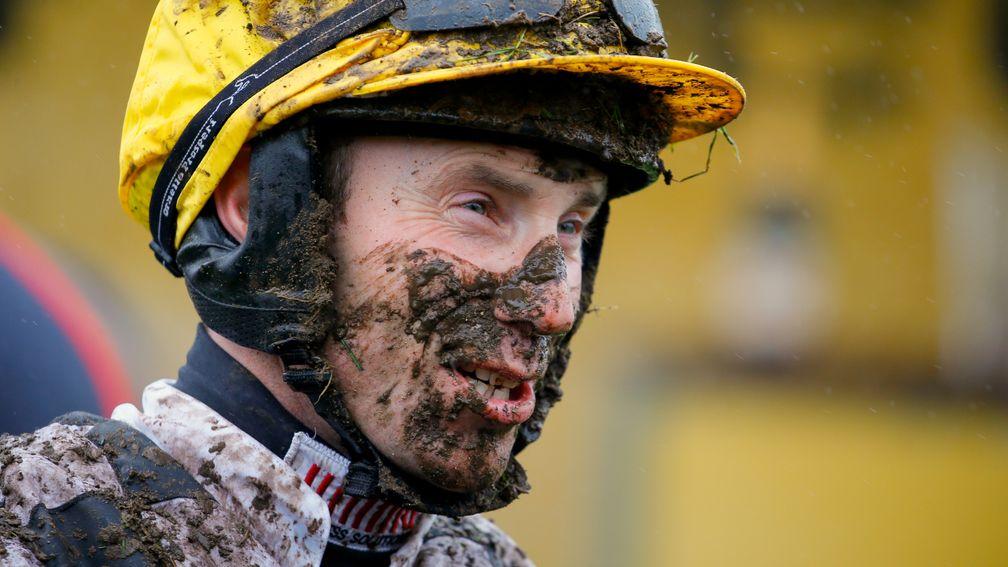
"By the time I got to the British Racing School I had nearly two years of that experience and was ready to go to Newmarket once I’d left school."
Hutchinson's drive to become a professional sportsman meant that the link-up with Usher was all part of a plan.
For Seamie Heffernan, knocking on the door of Arthur Moore and asking for a summer job "picking up stones or dock leaves" was more to do with locality than any thought he might make a career in racing.
"That’s where I got introduced to ponies and horses," says Heffernan. "From there on I liked what I was doing and I was light and small. My frame fitted being a jockey and I was lucky enough to enjoy doing what I'm doing. I started riding a few winners and I’m still at it."
Heffernan's natural modesty means he is constantly pointing to his good fortune, though it's clear that one early connection he made after going to Race has had a lasting effect on his hugely successful career.
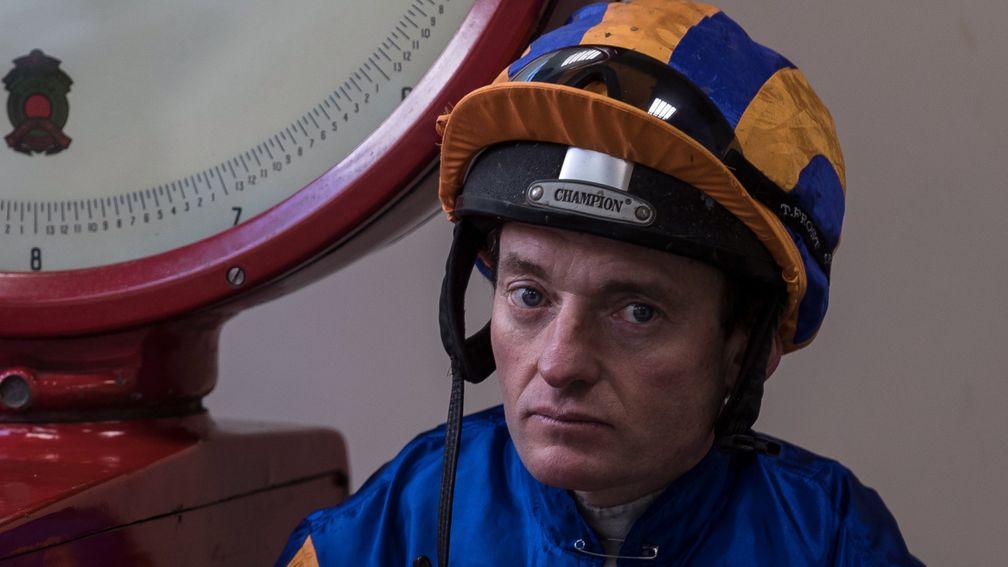
"They put me with a trainer on the Curragh in 1987, PJ Finn," he says. "Aidan O’Brien also worked there and we became friendly.
"I’ve been lucky with the people I’ve met that have helped me along and kept me in the game. I met Aidan a long time ago and he’s been looking after me a long time now, him and his owners."
While the rules on casual work have been significantly tightened in the years since Hutchinson and Heffernan started out, it is still possible to gain permission from local authorities to get work experience at a racing yard, while the BHA and the National Trainers' Federation are working on guidelines and support material around the subject.
Heffernan is arguably the most successful graduate of Race and is certain that the pastoral care he received should be of comfort to any parent whose racing-mad child wants to go to a racing school.
"They worked closely with you and it was like a boarding school for me," recalls Heffernan of his time at Ireland's racing academy. "Derek O’Sullivan, who has since passed on, and the rest of the staff took a huge interest and pride in producing some lads that were good workers and, if you were lucky enough, ride some winners.
"There are two or three people supervising the whole time and it’s run as well as it can be. They set me up and got me ready."
'In my eyes I still haven’t had to get a proper job'
Rachael Blackmore took a far less direct route on her way to becoming Ireland's champion conditional in 2016-17, having mixed a prolonged spell in higher education with riding as an amateur until the age of 25.
Blackmore grew up around pony clubs and hunting in Tipperary but didn't sit on a racehorse until making the most of Ireland's system of a transition year between her Junior Certificate and Leaving Certificate studies.
"Doing my Leaving Cert I wanted to be a vet but I wasn’t academic enough for that," says Blackmore. "It was never in my brain that I would be able to be a jockey as my career. I was always going to go to college and do something.
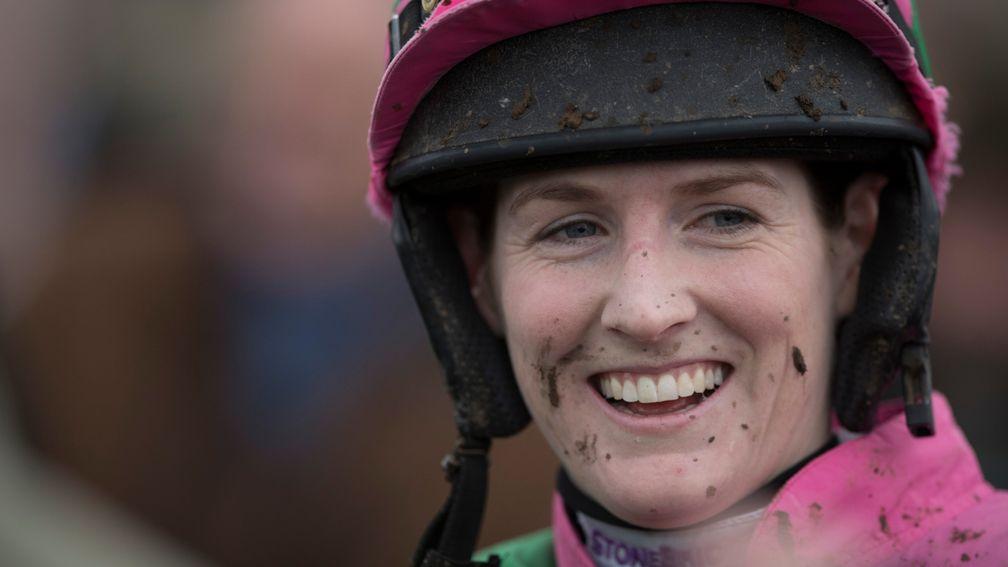
"My last two years at school I was eventing as well and when I went to University College Dublin it was harder to keep up with that and racing fitted in better. And the minute I got a taste for racing it exploded from there."
Blackmore can point to a significant piece of advice she received when at a career crossroads after finishing her degree in equine science and a business diploma.
"I was finished at college and riding as an amateur wasn’t making me any money," she says. "I was going to have to look at getting a real job.
"I was very lucky because I was associated with Shark Hanlon’s yard and he said to me that he’d have a lot more opportunities for me if I were riding as a conditional. I had nothing to lose since my amateur career wasn’t anything to speak of."
Blackmore achieved a childhood dream when lining up at Aintree last month in the Grand National aboard Alpha Des Obeaux, though even now she has to pinch herself at the way her career is progressing.
"I never thought I’d be able to make a career out of being a jockey," she says. "Even something like riding in the Grand National is something you think about when you’re young. But I never thought I’d actually ride in the race and it’s a constant surprise to be honest."
'My parents thought it was a bit of a childhood dream that wouldn’t come to anything'
If Heffernan and Blackmore may seem to have to come to racing slightly by chance, 2016 champion apprentice Tom Marquand has displayed quiet determination from a very young age.
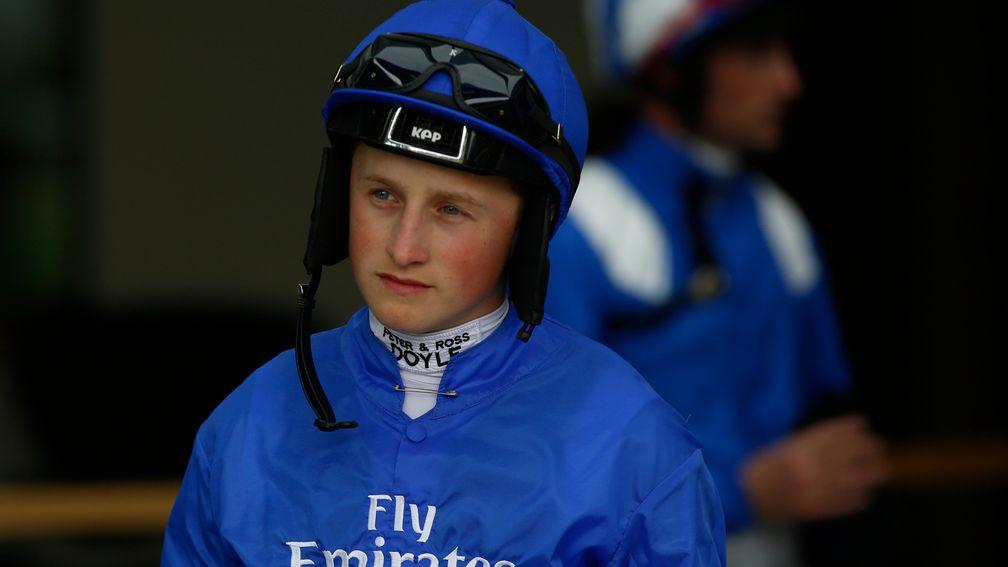
He is from the first generation of young British jockeys to have ridden on the pony racing circuit, a smaller version of the one that has been a feature of Irish life for as long as anyone can remember, though he considers himself a late developer in that regard.
"From the age of five or six until I was 13 it was just the riding lessons once a week and occasionally riding friends' ponies, as I couldn't have my own," says Marquand. "I was a fairly slow starter in that regard. I was very nearly 13 when I got my first race ride on a friend’s pony.
"I was always fairly convinced I wanted to be a jockey – my parents thought it was a bit of a childhood dream that wouldn’t come to anything.
"I had a half step in between ponies and becoming an apprentice because I had a season riding Arabians. Going to the racing school I was pretty aware of what was expected and what I needed to do to show I really wanted it.
"They had just brought the fitness test in and I was intent on getting 100 per cent and I managed it. I think only one other person has managed it since, which shows I was fairly clued up as to how fit I needed to be from pony racing and Arabian racing and it definitely shows."
The rise of the jockey coach
All three of the main racing schools have long been a key component in terms of instructing and placing young jockeys with a trainer for their apprenticeship.
Now the schools' aftercare extends to providing freshly minted apprentices and conditionals with a jockey coach, who can advise on technique and race tactics, review videos and help with other elements of the transition to living and working as a young adult.
"Rodi Greene was my jockey coach, Richard Perham did my licence course and they are there on the end of the phone whenever you need to talk to them," says Marquand. "It’s not just a professional relationship, it’s a friendship as well. We talk to each other so much and everyone is like-minded and we get each other.
"Similarly with the boss [Richard Hannon], who is very good, and there's a constant support system around you if want help."
Get in touch with your nearest racing college:
British Racing School, Newmarket
Northern Racing College, Doncaster
If you are interested in this, you should read:
One rasher or two: what do jockeys eat to make the weight?
How fit do you have to be to be a jockey?
Horses with altitude: how do racehorses travel around the globe?
They're not going to overthrow humans – but just how clever are racehorses?
Slowboats and speedfreaks: how different is it training a sprinter and a chaser?
Published on 10 June 2018inFeatures
Last updated 15:11, 12 June 2018
- The Gambling Commission has launched its new corporate strategy - but what are the key points?
- 'It was tragic it happened to Paddy but it was a good thing for the jockeys who followed - good came out of bad'
- Acquisitions, exits and retail resilience - what we learned from Flutter and 888's results
- The classic star named after Steve Harley: how Cockney Rebel proved to be a life-changer
- 100 years of the Gold Cup: John Randall ranks the greatest winners - and the worst
- The Gambling Commission has launched its new corporate strategy - but what are the key points?
- 'It was tragic it happened to Paddy but it was a good thing for the jockeys who followed - good came out of bad'
- Acquisitions, exits and retail resilience - what we learned from Flutter and 888's results
- The classic star named after Steve Harley: how Cockney Rebel proved to be a life-changer
- 100 years of the Gold Cup: John Randall ranks the greatest winners - and the worst